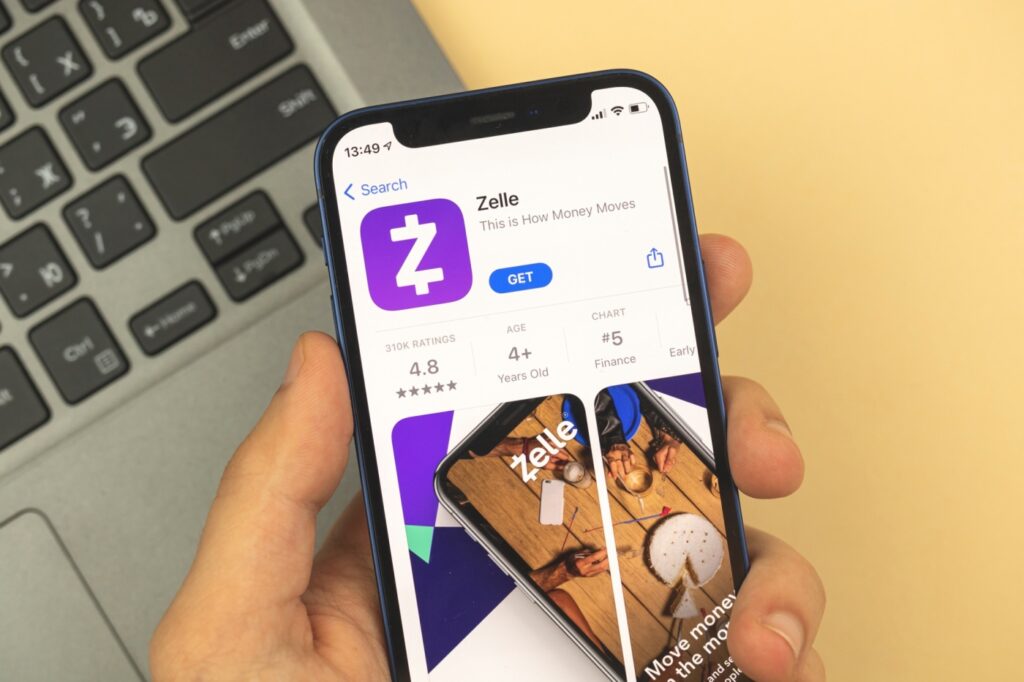
Noor Adatia | (TNS) The Dallas Morning News
Users of payment services like Zelle and PayPal faced a growing number of scam calls and messages over the past year, a new report says.
The study, by background check company BeenVerified, reveals peer-to-peer service scams gained considerable traction in 2022. Analysts studied more than 165,000 scam calls and texts reported in the past three years to identify scammer patterns and determine which ones were on the rise.
The analysis comes as reports show fraud worsening on the payment service Zelle. Banks that own the app are beginning to assume responsibility, and some are formulating a plan to reimburse scammed customers.
Zelle ranks second on the fastest-growing scam list, with complaints of fraud soaring by 86% from 2021 to 2022. PayPal also received a growing amount of scam reports, increasing by nearly a third this year.
“Scams that show fast growth are worth our attention, as they often become scams that dominate in years to come,” Robert Lowry, vice president at Better Verified, said in a written statement.
Some Zelle users have lost more than $1,000 to scammers, according to the report, and victims are unlikely to recover the money from the app because of outdated federal banking laws.
“I think it’s been on the rise because more and more people are using these types of apps, because it’s an instant transfer of funds,” said Julianne Ohlander, a data analyst who worked the study.
In 2022, many people fell victim to rental and pet scams on Zelle, lured by the promise of a new puppy or apartment lease. Ohlander said scammers are successful when they play with people’s emotions.
“They’ve fallen in love with this puppy that doesn’t exist, but they don’t know that,” she said. “People’s emotions get caught up in these things, so it’s easier to let your guard down.”
She also attributed the rise of fraud on payment apps to people’s trust in banking institutions, which lends them to believe any perceived communication from the bank.
“It gives people this false sense of security and that maybe anything they get from Zelle or their bank is legitimate when it’s not,” she said.
Although many people were defrauded on Zelle this year, the number of scam reports weren’t nearly as high as those from Facebook Marketplace, which ranked as the fastest-growing scam, increasing 184%.
Some fraudsters post their listing for a property on the online marketplace and request fake application fees or security deposits from users through Zelle or PayPal. Another popular scheme on the social network involved criminals asking users for their phone number and six-digit verification code to gain access to their Google account.
The study also found that people lost the most money this year to romance scams, which accounted for about 14% of complaints. Ohlander said scammers change their tactics based on current events, and romance scams tend to surge around Valentine’s Day, a time when some people tend to feel lonely and vulnerable.
With gift-giving season right around the corner, delivery scams may rebound again. Fraudsters send victims text messages about errant packages and ask them to click on a link that asks for their personal information.
To avoid losing money to scammers, Ohlander recommends people not click on any unknown links, never give out their personal information and not respond to any unsolicited calls, especially during the holidays.
“Knowledge really is power in these situations,” she said. “The more you know about the types of scams that are out there, the better you can protect yourself.”
